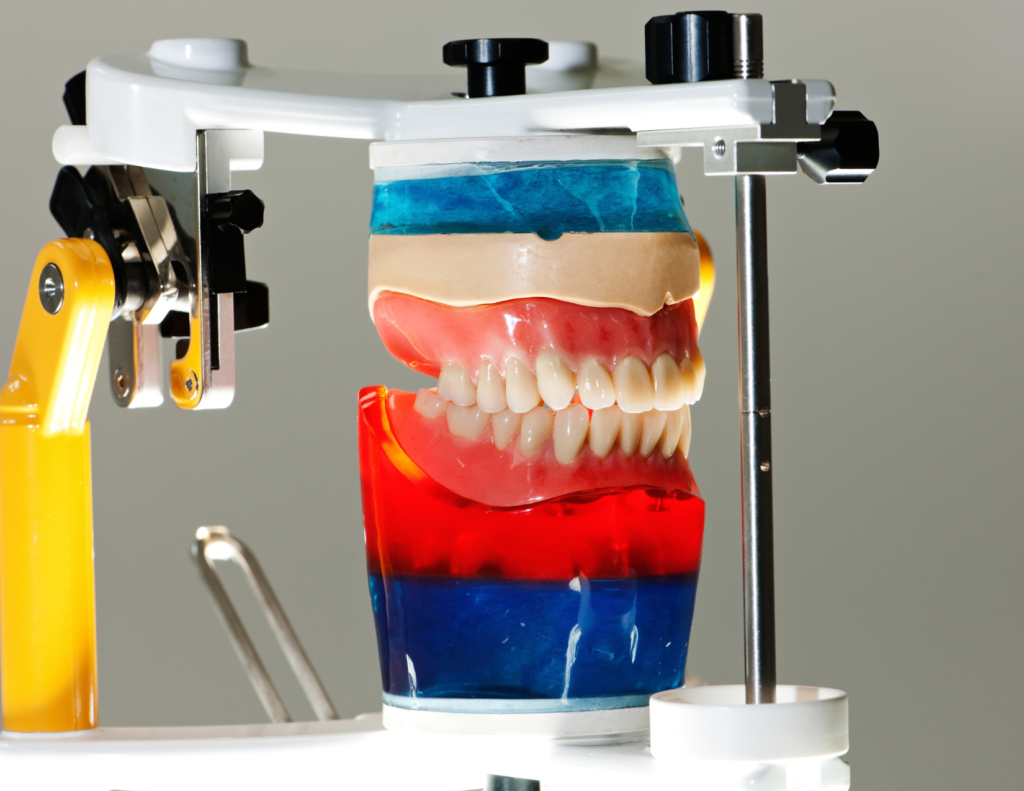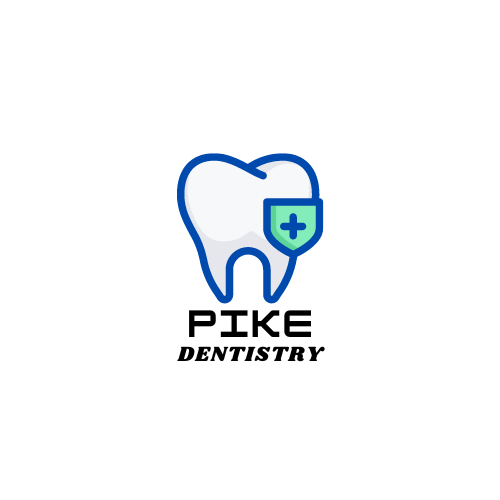Dentists frequently get asked, “Will Medicare pay for false teeth?” This is a common concern for many patients, especially seniors on budgets who rely on Medicare for their healthcare needs. Understanding what is covered under Medicare can be confusing, and navigating the options for affordable dental care is crucial for maintaining oral health. Most dentists will use a Network service vendor to verify Medicare eligibility for their patients and to see what is covered.

Understanding Medicare Coverage for Dental Services
Medicare, the federal health insurance program primarily for people aged 65 and older, has various parts that cover different aspects of healthcare. However, it’s important to note that traditional Medicare (Part A and Part B) generally does not cover most dental services, including routine exams, cleanings, fillings, extractions, or dentures.
Medicare Part A covers hospital care, and Part B covers outpatient care, but these do not extend to dental procedures. The only exception is if dental services are required as part of a covered medical procedure. For example, if you need dental extractions before undergoing heart surgery, Medicare may cover that. But for the most part, standard dental care, including dentures, is not covered.
Medicare Advantage Plans
However, there is a silver lining. Medicare Advantage Plans (Part C) are an alternative to traditional Medicare provided by private insurance companies. These plans must offer the same coverage as Medicare Part A and Part B but often include additional benefits, such as dental, vision, and hearing care.
When considering a Medicare Advantage Plan, it’s essential to compare the dental benefits offered, as they can vary widely. Some plans may cover a portion of the cost of dentures, while others might offer full coverage for certain types of dental work. It’s worth consulting with an insurance advisor or your plan provider to understand the specifics of what is included
Alternative Options for Affordable Dentures
If Medicare does not cover your dentures, there are still ways to manage the cost:
- 1. Dental Discount Plans: Dental discount plans are not insurance but can reduce the cost of dental procedures. For an annual fee, these plans provide discounts on various dental services, including dentures.
- 2. Community Health Clinics: Many community health clinics offer dental services at reduced rates. These clinics often operate on a sliding fee scale based on your income, making them an affordable option for dental care.
- 3. Dental Schools: Dental schools often provide services at a lower cost. Students perform the procedures under the supervision of experienced dentists. This can be an excellent way to receive affordable dental care, including dentures.
- 4. Payment Plans: Many dental offices, including ours, offer payment plans to help manage the cost of dentures. These plans allow you to spread the cost over several months, making it more manageable.5. Charitable Organizations: Some charitable organizations provide free or low-cost dental care to those in need. Researching local resources can uncover programs that offer dentures at a reduced cost or even for free.
While traditional Medicare does not typically cover the cost of false teeth, exploring Medicare Advantage Plans and alternative options can help you find affordable solutions. Maintaining your oral health is essential, and as your dentist, I am committed to helping you navigate these choices to ensure you receive the care you need. Don’t hesitate to reach out to our office for further assistance and to discuss the best options for your dental care.
FAQs
Will Medicare cover dental implants?
Medicare typically does not cover dental implants, but some Medicare Advantage Plans might. It’s best to check with your specific plan.
Can I get dentures through Medicaid?
Medicaid coverage for dentures varies by state. Some states offer coverage for dentures, while others do not. Check with your state’s Medicaid program for specifics.
Are there any dental services covered by Medicare?
Medicare may cover dental services if they are part of a covered medical procedure, but routine dental care and dentures are generally not covered.
How can I find out if my Medicare Advantage Plan covers dentures?
You can contact your Medicare Advantage Plan provider directly or review the plan’s benefits to determine if dentures are covered.
What are the alternatives if I can’t afford dentures?
Consider dental discount plans, community health clinics, dental schools, payment plans, and charitable organizations for more affordable dental care options.
